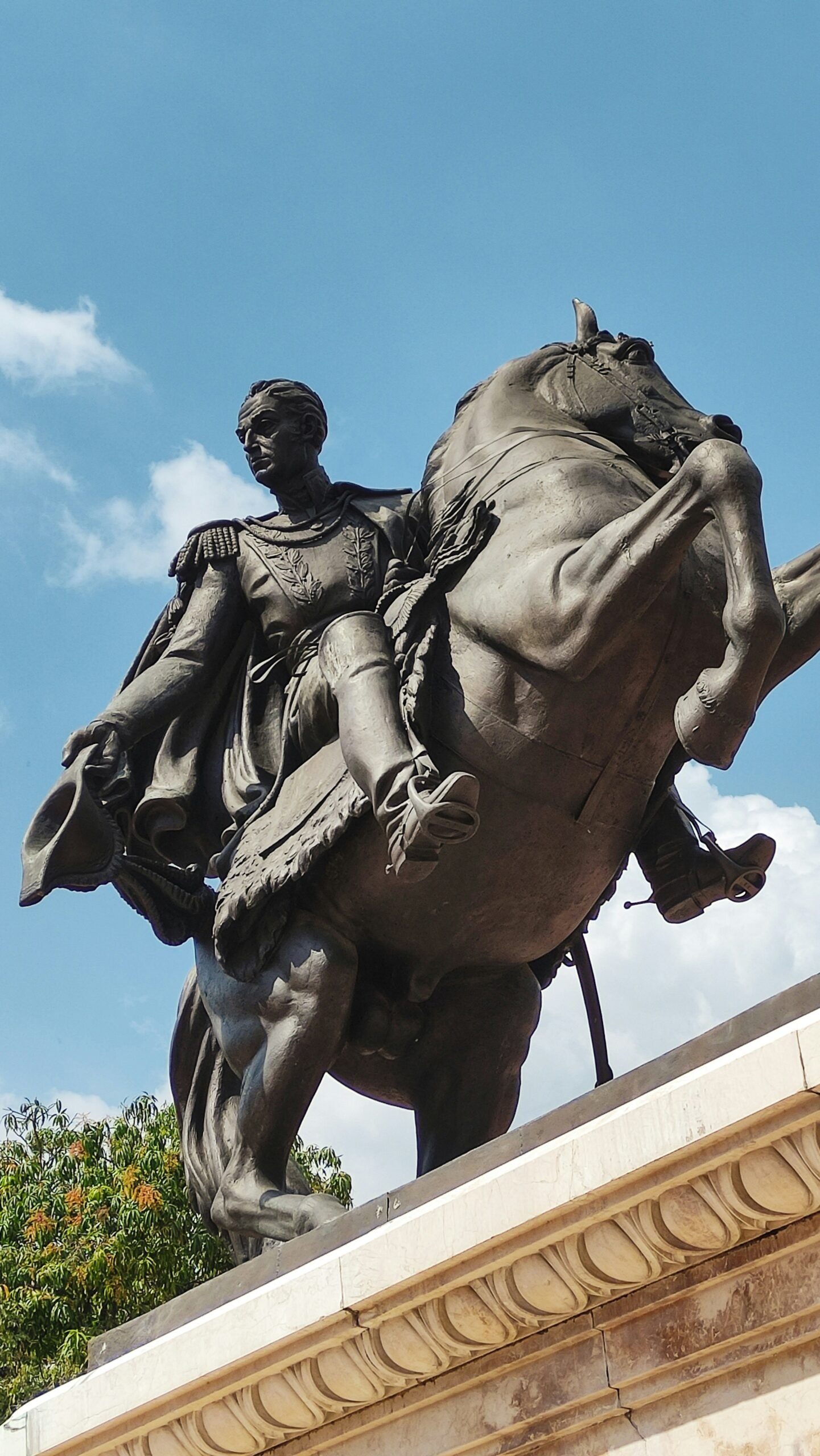As I write this, Venezuela is in political turmoil. The South American country, whose economy relies heavily on oil and gas exports, has faced a severe economic collapse from 2014 to 2020. This has triggered a mass exodus, with over six million Venezuelans fleeing in the past six years, most of them seeking refuge in neighbouring countries.
Despite the economic and humanitarian crisis, the country’s leader, Nicolás Maduro—who succeeded Hugo Chávez after his death in 2013—has managed to cling to power. Maduro has continued to promote the left-wing populist ‘Chavista’ ideology, which combines socialism, nationalism and anti-imperialist rhetoric.
Raised in the Roman Catholic Church, Maduro has been open about his Christian faith. Moreover, he has recently sought to deepen his ties with evangelical churches by publicly supporting them, sponsoring church renovations, and even offering financial bonuses to pastors.
The situation escalated further in July, during the election to determine the president for the next six-year term starting in 2025. The result was not a surprise: Maduro claimed victory. International observers accused Maduro of manipulating electoral institutions and repressing the opposition. Ignoring the accusations, the country’s electoral authorities failed to provide evidence of a transparent, democratic win, withholding the tally sheets from the public. In contrast, the opposition, with the help of volunteers, managed to gather 83% of the tally sheets, which indicated a landslide victory for opposition candidate Edmundo González. The aftermath saw public protests, resulting in more than 20 deaths and thousands of arrests. Finally, on September 2, an arrest warrant was issued for González, who then sought asylum in Spain.
Not long ago, I came across a video from 2023 featuring Maduro. As someone who studies how political figures use Scriptures in their discourse, I am rarely surprised by such attempts. This video, however, gave me pause. If I closed my eyes, I could almost imagine that this interpretation and rhetoric were coming from the mouth of a (rather enthusiastic) Liberation Theologian, but instead this is the speech of an antidemocratic leader. Of course, once the tendentious generalizations and forced anachronisms appear, one quickly realises that the speaker is not a scholar contextualizing the biblical message, but someone using the Bible as a tool for their political ideology.
In the video, Maduro begins by affirming his identity as a Christian—specifically, a practicing Christian, or as he puts it, a “cristiano de oración” (a Christian who prays often), a category of particular relevance for religious Latin Americans.
From there, he focuses on Jesus’ life, asserting that Jesus was born in Bethlehem, a Palestinian territory: Jesus was Palestinian. Maduro affirms that despite being raised in a Jewish household, Jesus early on rebelled against the Roman Empire. Jesus, says Maduro, was history’s first anti-imperialist.
He then transitions to the passion story, stating that Jesus was tortured, crucified, and unjustly condemned. Who was responsible for this? According to Maduro, the Spanish Empire and oligarchs. The Roman Empire swiftly morphs into the Spanish Empire. This is a key point in the speech, revealing several levels of intertextuality. Chavismo, the political philosophy of both Chávez and Maduro, is inspired and influenced by the legacy of Simón Bolívar, the liberator of Venezuela, as well as Colombia, Ecuador and Panamá. The Spanish Empire was Bolívar’s historical foe, from whom Latin America needed to be liberated. By referencing the Spanish Empire and oligarchies, Maduro through different levels of intertextuality, aligns himself with Jesus, positioning himself as another victim of the empire’s oppression and unjust practices.
Finally, Maduro claims that Jesus died as a Palestinian man and resurrected as a Palestinian spirit. He concludes by calling on Christians and Muslims alike to demand the enforcement of UN resolutions regarding Palestine.
Maduro is certainly not the first politician to use the Bible for political purposes, nor is he alone in placing Jesus on his side. What is intriguing, though, is how left-wing political ideologies like his differ in their use of Scripture compared to far-right movements, which have been more extensively studied. As James Berlinerblau rightly observes, “the Bible is raw power,” whether wielded by the far right or the far left.
